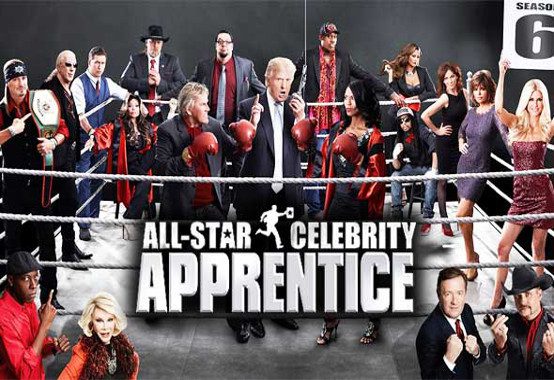Telling the Truth Is Not “War Porn”
Iconic and haunting photographs from Vietnam helped turn the public against that war. Today, the military’s capacity to manage journalists is much more sophisticated. Kelley Vlahos writes:
Most of the mainstream photojournalism in newspapers, television and major online media has been self-censored and packaged according to the rules (who today can afford to lose access?) and in effect, works to the military’s advantage. While the images of remote bombings, snipers poised, soldiers kicking in doors—even the aftermath of IED blasts or insurgent attacks—offer enough excitement to maintain interest, they’re never graphic enough to inspire a truly visceral response, much less distress or malaise among the population. If anything, they become part of the wallpaper—“normal,” like everything else. …
So when pictures of tortured Abu Ghraib prisoners, the WikiLeaked “Collateral Murder” video, and, more recently, the “Kill Team” photographs break through the surface of the Middle American consciousness, the veneer begins to crack (if only a bit). Suddenly, we have adult access to the reality of war after extended periods of being treated like babies, spoon fed and coddled in hopes we don’t cry and make a mess of things.
